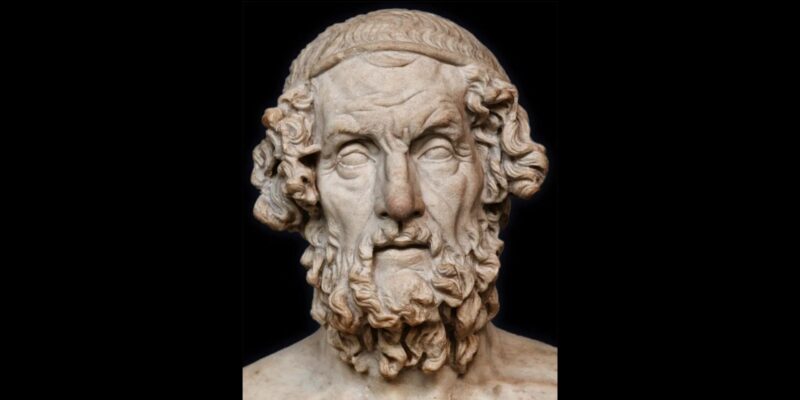Throughout history, literature has been enriched by the brilliance of countless authors who have left an indelible mark on the world. From ancient times to the present day, these writers have crafted enduring works that transcend generations, embodying creativity, insight, and profound influence.
Details1. Homer (8th century BCE, Greece)
Homer stands as a monumental figure in Western literature, known for his epic poems "The Iliad" and "The Odyssey." These timeless works delve into themes of heroism, fate, and the human experience, shaping the foundation of narrative storytelling.
Details
2. William Shakespeare (1564-1616, England)
Renowned as the Bard of Avon, Shakespeare's plays and poetry are celebrated for their profound understanding of human nature and universal themes. Works like "Hamlet," "Romeo and Juliet," and "Macbeth" continue to captivate audiences worldwide with their complex characters and lyrical language.
3. Jane Austen (1775-1817, England)
Austen's novels, including "Pride and Prejudice," "Sense and Sensibility," and "Emma," are revered for their keen social commentary, wit, and exploration of romance within the confines of English society. Her writing remains a benchmark in the development of the modern novel.
4. Leo Tolstoy (1828-1910, Russia)
Tolstoy's epic novel "War and Peace" is a masterpiece of Russian literature, intertwining historical events with intimate portrayals of its characters. His exploration of moral dilemmas and existential questions in works like "Anna Karenina" continues to resonate deeply with readers.
5. Virginia Woolf (1882-1941, England)
A pioneering modernist writer, Woolf's novels such as "Mrs. Dalloway" and "To the Lighthouse" revolutionized literary techniques with their stream-of-consciousness narrative style. She is celebrated for her exploration of consciousness, gender roles, and the complexities of human perception.
6. Gabriel García Márquez (1927-2014, Colombia)
García Márquez, a leading figure in magical realism, enchanted readers with novels like "One Hundred Years of Solitude" and "Love in the Time of Cholera." His lyrical prose and imaginative storytelling transformed Latin American literature and left an indelible mark on world literature.
7. Toni Morrison (1931-2019, USA)
Morrison's novels, including "Beloved," "Song of Solomon," and "The Bluest Eye," explore the African American experience with lyrical intensity and profound insight. She received acclaim for her exploration of race, identity, and the complexities of history in America.
8. Haruki Murakami (1949-present, Japan)
Murakami's novels blend magical realism with contemporary themes, captivating readers with works such as "Norwegian Wood," "Kafka on the Shore," and "1Q84." His surreal narratives delve into the subconscious, existential crises, and the search for meaning in a modern world.
9. Chimamanda Ngozi Adichie (1977-present, Nigeria)
Adichie's novels, including "Half of a Yellow Sun" and "Americanah," offer powerful narratives that explore themes of identity, colonialism, and cultural dynamics in Nigeria and beyond. Her writing is celebrated for its eloquence, depth, and unwavering commitment to storytelling.
Details10. Yuval Noah Harari (1976-present, Israel)
Harari's non-fiction works, particularly "Sapiens: A Brief History of Humankind" and "Homo Deus: A Brief History of Tomorrow," have garnered widespread acclaim for their insightful exploration of history, biology, and the future of humanity. His accessible yet profound writing has sparked global discussions on the evolution of societies and the human condition.
These authors, among many others, have shaped literary landscapes and enriched humanity's collective imagination with their enduring contributions. Their works continue to resonate across cultures and generations, demonstrating the timeless power of literature to illuminate, inspire, and provoke thought.
here